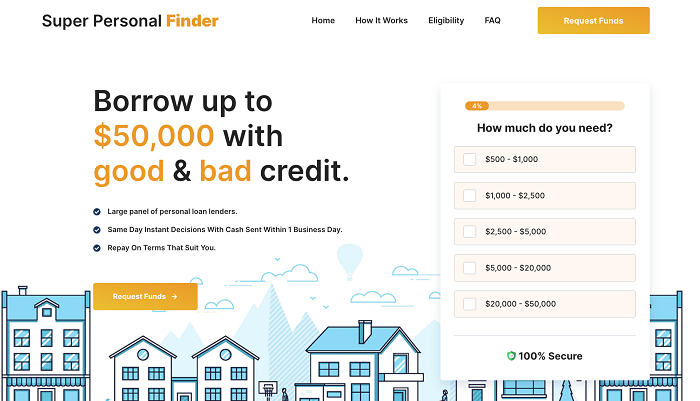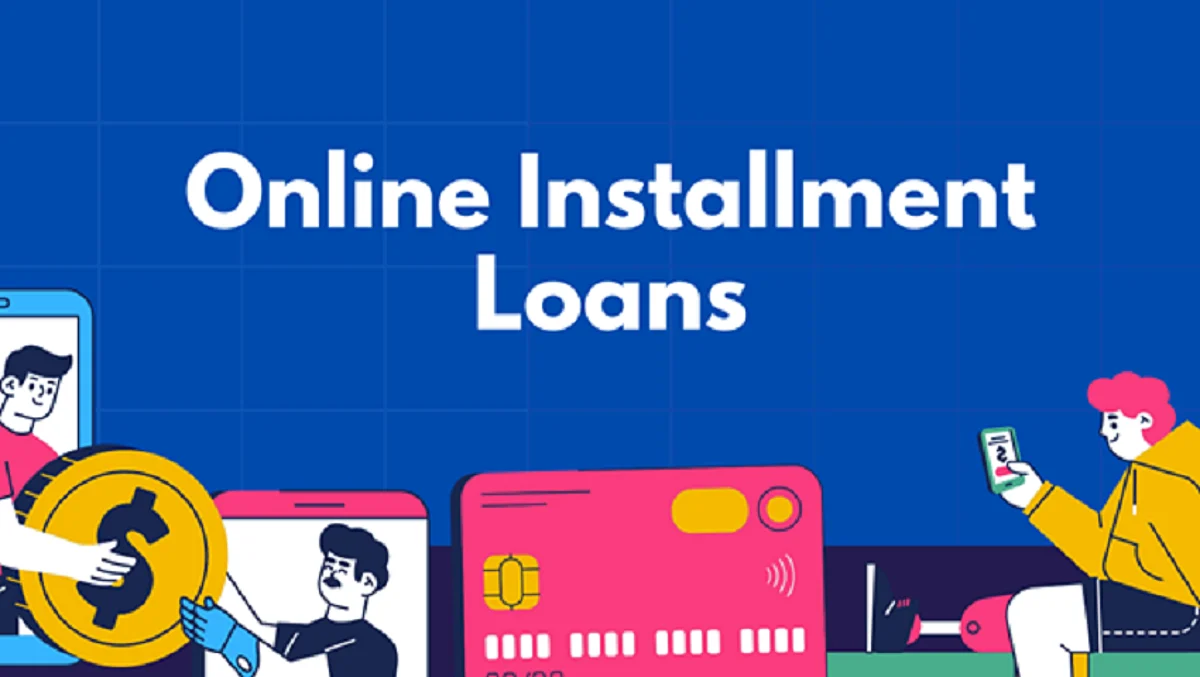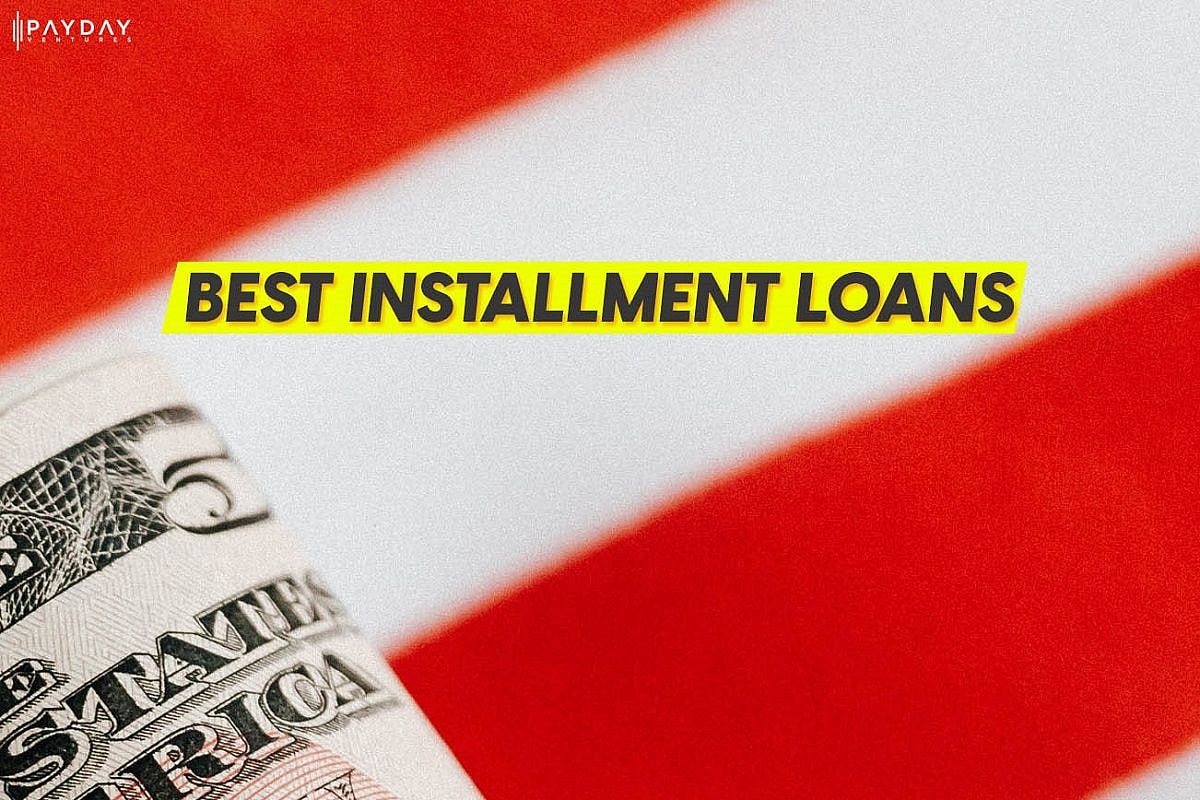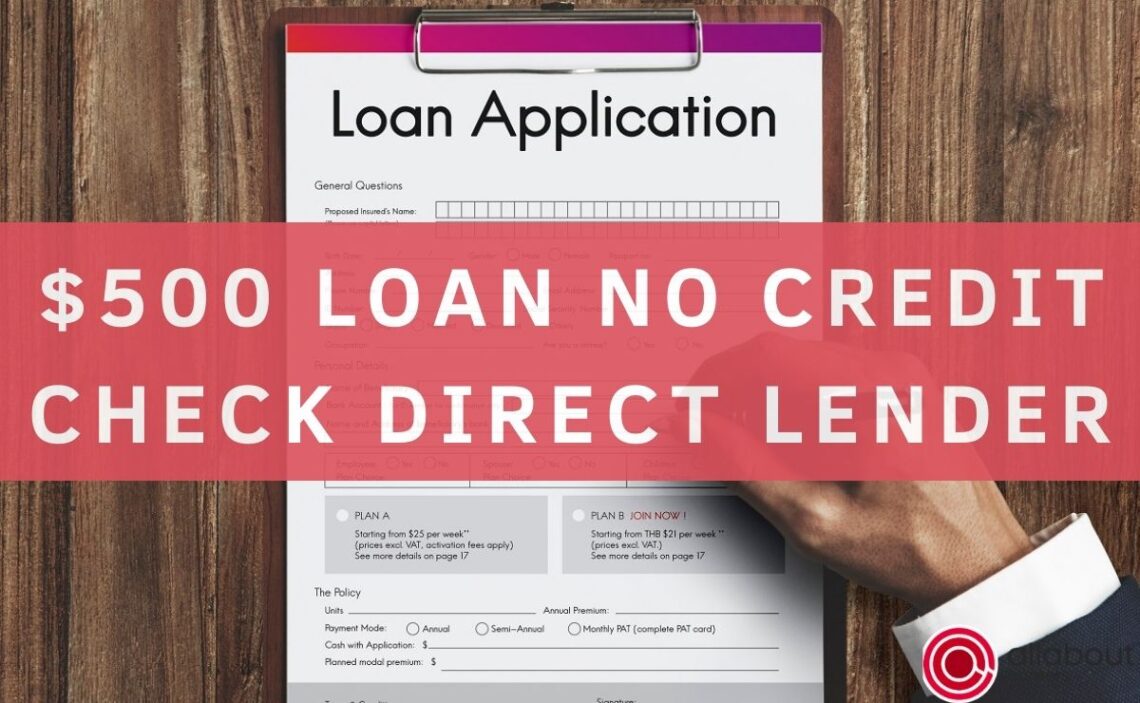Online Loans No Credit Check Direct Lender

A surge in online loan offers promising "no credit check" and direct lending is raising alarms among consumer protection agencies and financial experts. These readily accessible loans, while offering quick cash, often come with exorbitant interest rates and hidden fees, trapping borrowers in cycles of debt.
This article dissects the rise of these online loan platforms, outlines the potential dangers for consumers, and highlights the urgent need for increased awareness and regulatory oversight.
The Allure of "No Credit Check" Loans
The appeal is undeniable: quick cash with no credit check. These loans are often marketed to individuals with poor or no credit history, who are typically excluded from traditional lending options.
According to a 2023 report by the Consumer Financial Protection Bureau (CFPB), the demand for short-term, small-dollar loans is increasing, particularly among lower-income households.
Many of these borrowers are facing unexpected expenses, such as medical bills or car repairs, and see these online loans as a lifeline.
How They Work
The process is typically streamlined and user-friendly. Borrowers can apply online, often receiving near-instant approval based on limited information, such as proof of income and a bank account.
Direct lenders bypass traditional banking institutions, offering loans directly to consumers. This allows them to operate with fewer regulatory constraints.
However, this ease of access often comes at a steep price, masked by attractive advertisements.
The Hidden Dangers: Interest Rates and Fees
The most significant risk associated with these loans is the exceptionally high interest rates. Annual Percentage Rates (APRs) can range from 300% to over 600%, far exceeding those of traditional loans or credit cards.
The Pew Charitable Trusts has extensively researched the payday and small-dollar loan market, revealing that the average borrower spends more than half the loan term in debt.
Moreover, many of these lenders impose hidden fees, such as origination fees, late payment fees, and prepayment penalties, further increasing the total cost of borrowing.
Predatory Lending Practices
Critics argue that these "no credit check" loans are a form of predatory lending, targeting vulnerable individuals who are least able to afford them. The high-interest rates and fees make it extremely difficult for borrowers to repay the loans, leading to a cycle of debt.
Consumers often find themselves taking out new loans to cover existing debts, further compounding their financial problems. This can lead to wage garnishment, bank account seizures, and even bankruptcy.
Some lenders also engage in aggressive collection tactics, harassing borrowers and their families.
Who is Affected?
Individuals with low credit scores are primarily affected. These are those who have struggled with debt in the past or have limited credit history, making them ineligible for conventional loans.
According to Experian, over 100 million Americans have a credit score below 670, classifying them as having "fair" or "poor" credit.
These individuals are prime targets for lenders offering "no credit check" loans.
Location and Accessibility
These online lenders operate across the country, with a significant presence in states with weaker consumer protection laws. The lack of physical storefronts allows them to reach borrowers in remote areas or those who are hesitant to visit traditional lenders.
The internet's ubiquity makes these loans easily accessible, with borrowers able to apply from their homes or even their mobile phones.
This widespread accessibility contributes to the growing problem of debt traps.
What Can Be Done?
Increased consumer awareness is crucial. Borrowers need to be educated about the risks associated with "no credit check" loans and understand the true cost of borrowing.
The Federal Trade Commission (FTC) offers resources and information on predatory lending practices, as well as tips for managing debt.
Stronger regulatory oversight is also necessary to protect consumers. State and federal lawmakers need to enact laws that cap interest rates, limit fees, and regulate lending practices.
The Role of Regulatory Bodies
The CFPB has taken steps to address predatory lending, but more needs to be done. They are actively monitoring the online lending market and taking enforcement actions against lenders who violate consumer protection laws.
Additionally, state attorneys general are investigating and prosecuting lenders engaged in deceptive or unfair practices.
Collaboration between regulatory bodies, consumer advocacy groups, and financial institutions is essential to combat this growing problem.
Moving Forward: Protecting Consumers
The proliferation of online loans with "no credit check" demands immediate action. Consumers must exercise extreme caution when considering these offers, carefully reviewing the terms and conditions and seeking alternative borrowing options.
The CFPB and FTC are urging consumers to report any suspected predatory lending practices. Continued vigilance and advocacy are vital to protecting vulnerable individuals from falling into debt traps.
Ongoing legislative efforts aim to strengthen consumer protections and rein in the excesses of the online lending industry. Stay informed and advocate for responsible lending practices.










